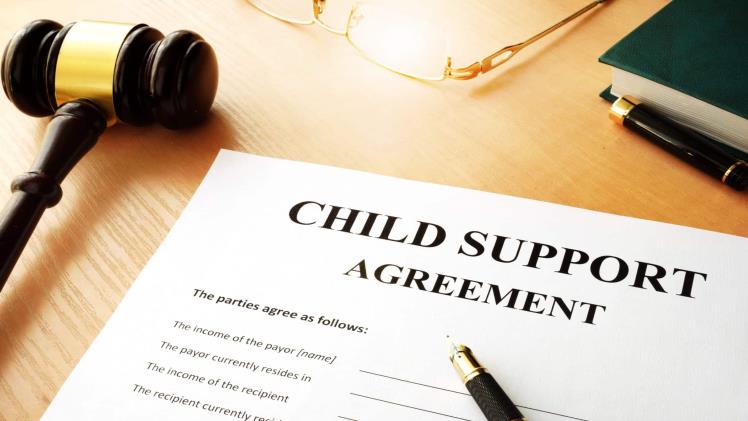Usually, the most time-consuming part of any divorce involves deciding child custody. Although every case is different, children of divorced parents often live with a single parent and may or may not have contact time with the other, or they spend the same amount of time with each parent as per an established schedule.
The court will decide if one parent must give the other child support during the divorce case process. When calculating child support, a court will consider several criteria, such as the children’s needs, the parents’ financial situation, and the cause of the divorce. Therefore, you should seek legal advice.
When does the child support terminate?
It is important for parents who provide child support to understand both their payment and custody duties. Child support payments often end once a kid reaches the age of majority. The age of majority is set by state legislation. However, it usually means eighteen years old. This is the age at which the law considers children to be qualified to make their own decisions about their lives; nevertheless, child support can go on past the age of 18 under specific custody and support arrangements.
Special considerations
The only other event that would result at the end of child support would be the kid’s death or legal emancipation, except the child achieving the age of majority or failing to fulfill all other responsibilities stated in the child support agreement. If a juvenile becomes economically independent before achieving the age of majority, he can apply for formal emancipation. While emancipation laws differ from state to state, children generally get official emancipation by marriage, military service, or other means of earning sufficient funds to support themselves. Parental child support responsibilities end when a kid obtains legal independence.
Ending or modifying child support
You must understand your child support arrangement if you are the paying parent to fulfill your legal responsibilities without making extra payments or paying for longer than required. A major life event, such as a severe accident, a change in work, a divorce, or a significant expense, may occasionally need a revision of your child support arrangement. A court order is required to change a child support arrangement, and depending on the situation, the result might be decreased or more significant child support payments.
Contact an attorney
It is important to remember that child support responsibilities do not end independently. Once the kid fulfills the conditions stated in the child support agreement for halting support, the parents paying the support must officially ask that the obligation end. Contact a family law professional to check your child support arrangement if you are unsure about the present situation or when your obligation ends.

